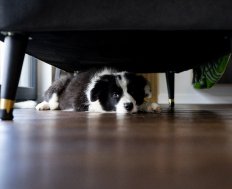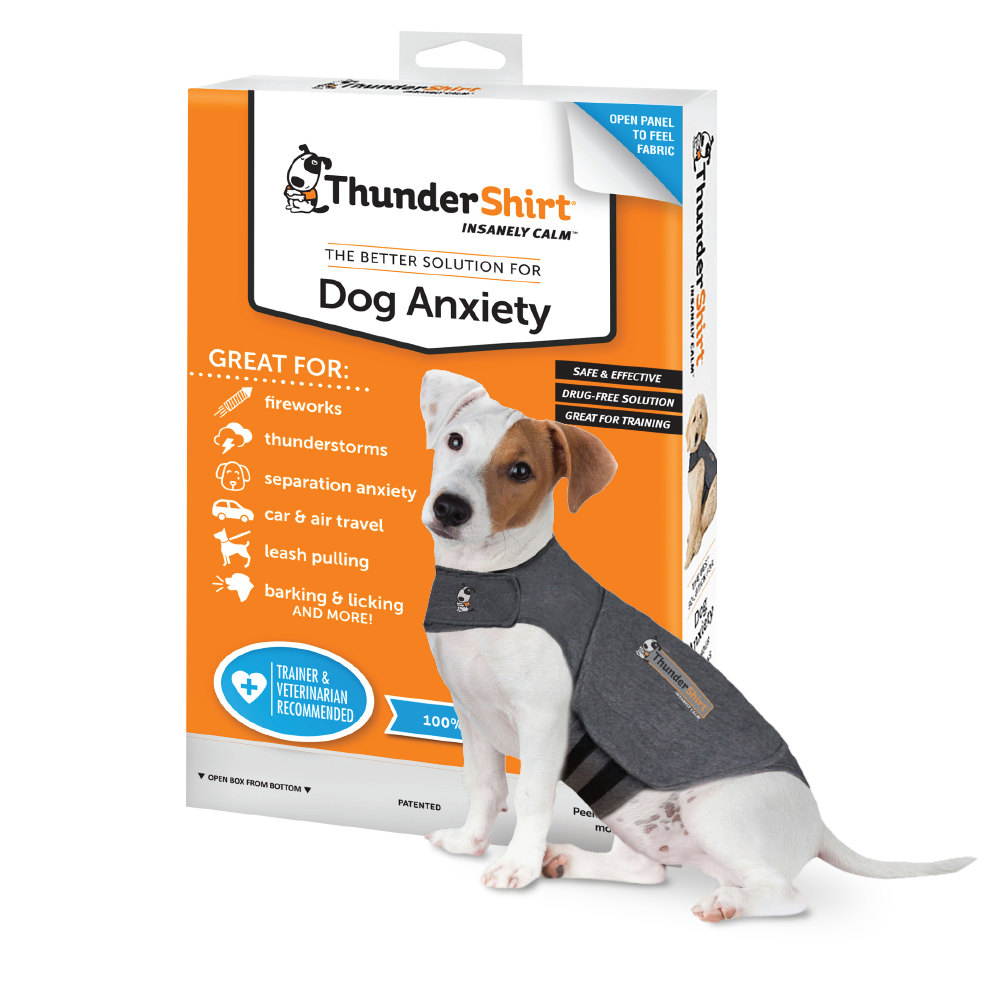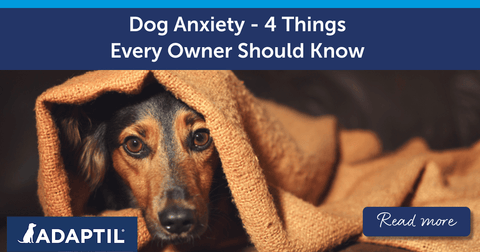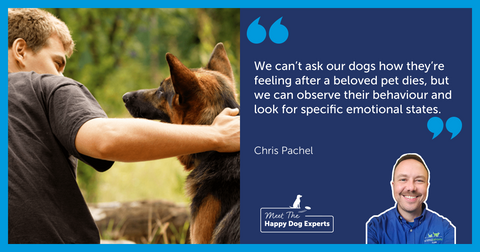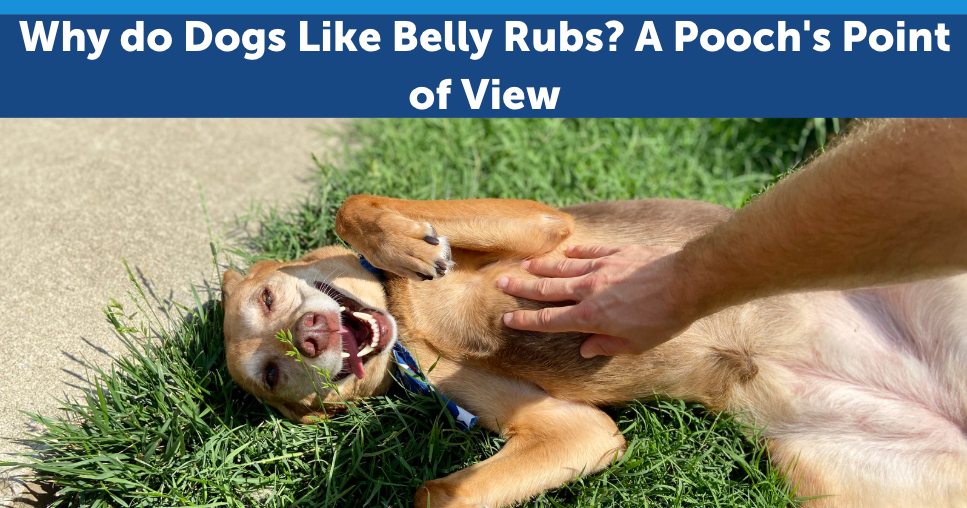
Why do Dogs Like Belly Rubs? A Pooch's Point of View
Woof! Woof! I really trust my humans - they look after me very well, take me for long walks, give me tasty food and treats, make sure my coat is groomed and we have great play times - but I particularly love it when they rub my belly.
I also sometimes lie on my back when I'm playing with my doggie friends because I know they are not threatening! When I am with someone I am comfortable with and I'm feeling relaxed, it's a way to show them I trust them.
Why Do Dogs Love Belly Rubs?
When my human strokes me and gives me lots of attention it makes me feel very special; it's very comforting and I feel that it strengthens our bond.
I also love snuggling up together on the sofa with my human and I know that stroking our coats can help humans too when they are stressed.
I heard my vet say to my human thatInteractions with them [pets] and positive physical contact lead to a variety of physiological and psychological benefits. There's been lots of talk on the radio about something called a 'lockdown' and how having us dogs around at home has really helped our humans - and I know for a fact that I've enjoyed having my human around more!
So, you see, we help each other! Although I don't think I would be allowed to rub my human's belly!
Signs We Want a Belly Rub
I know we can be irresistible a lot of the time, but if you watch out for these signs, you'll know we are open for a tummy rub:
- We're lying on our back
- Our tails are wagging
- We're very relaxed
- Our mouth is open
- Our eyes are relaxed and open
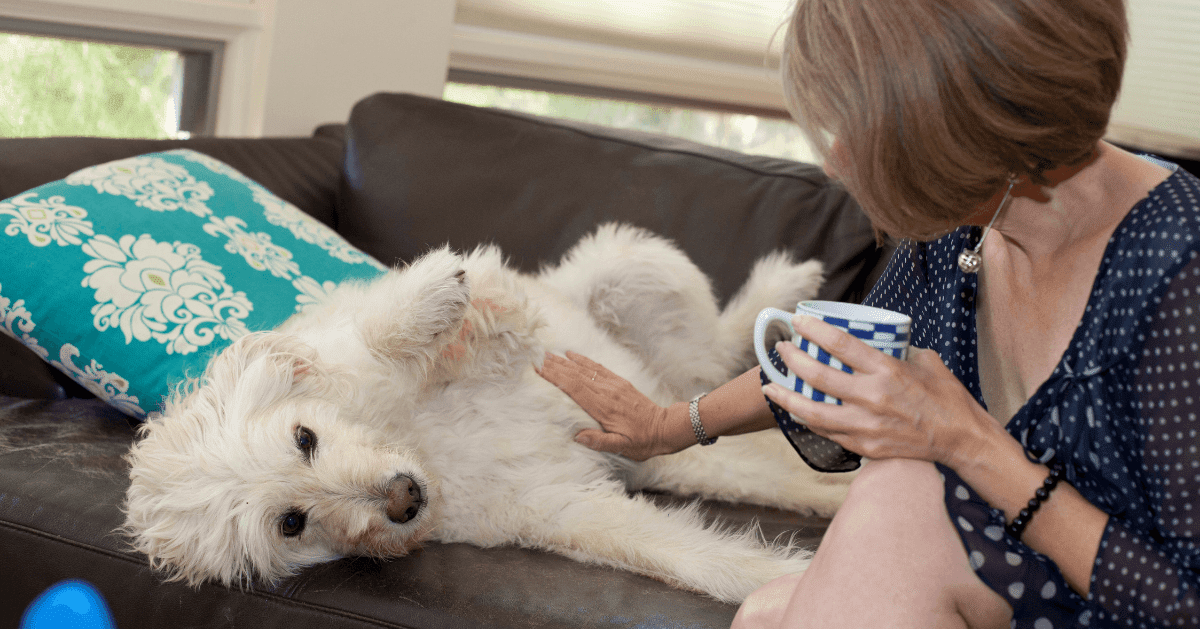
Signs we Don't Want a Belly Rub
Some dogs really don't like being petted; like humans, we are all individuals and some of us just prefer to keep humans at paws length but it doesn't mean we don't want to interact with you. We might just prefer it when we are learning tricks, or playing ball with you or going for a nice walk and don't need all that touchy feely stuff.
Sometimes, in situations where we feel stressed or worried, we'll show our bellies to try and diffuse the situation and make it clear that we are not a threat. So before rubbing our bellies, it's probably best to assess the situation and see if we're relaxed or feeling stressed. My human uses an ADAPTIL diffuser to help keep me stress-free, so the only time I show my belly is when I want a good tummy rub!
But, we also might be in pain and touching or rubbing will make things worse, so if you see any of these signs, it would be best not to try and give us a belly rub.
- Moving our head away from your hand
- We have a tense body and we lean away from you
- Our tail is rigid, or it's tucked between our legs
- Our ears flat against our head
- Our eyes are wide open
Remember never to force us into an interaction. If you think we are in pain, it would be best to get us checked out by a vet.
How to Give a Good Belly Rub!
First of all, check out our body language! If we are relaxed and lying on our back, you can follow these steps to make sure you give us a great belly rub:
- First of all you should get down to our level. If you stand over us, we might feel intimidated.
- Approach us slowly, just to make doubly sure that you don't take us by surprise!
- Touch our belly carefully to start with
- Use wide circular motions with the palm of your hand, with a gentle pressure. If you press too hard, we'll just get up and move away.
- Rub our bellies for just a few seconds at a time. We'll give you a nudge or put out a paw if we want more!
- You'll know we've had enough if we yawn or move our head away - or get up and walk off.
- Always supervise children; although we love to play with them most of the time, they can sometimes get overexcited!
To help us feel even more relaxed and supported at home, you can use an ADAPTIL Calm Home Diffuser in the room where we spend most of our time - it helps to bring dogs and humans closer and creates a reassuring environment around the home.
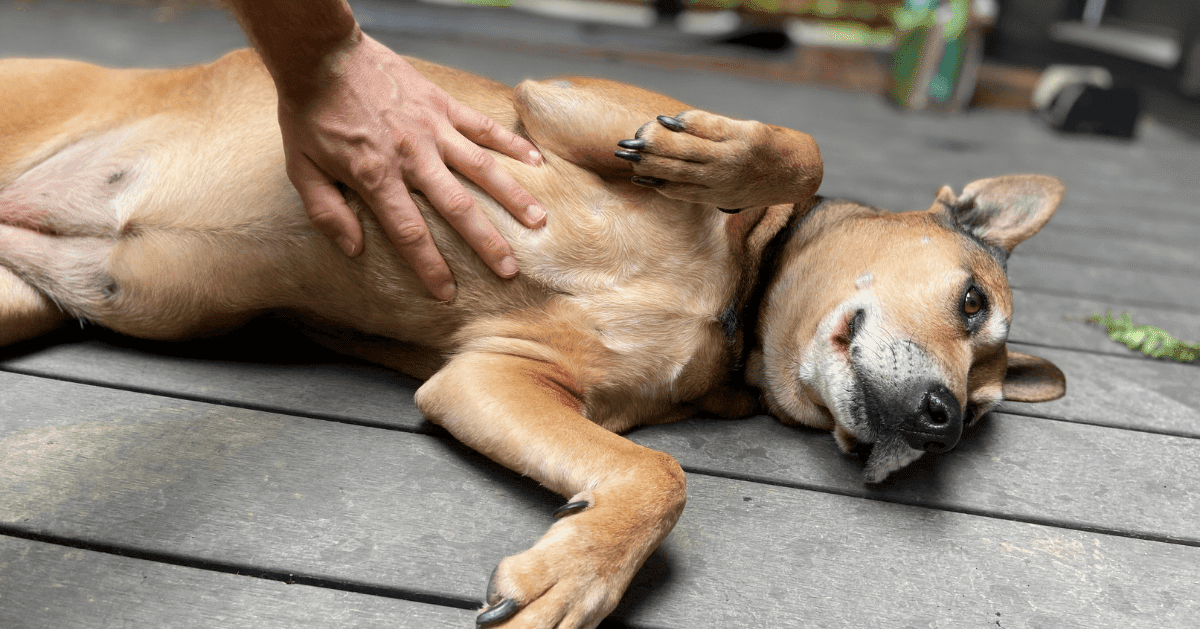
We Are All Different
Although it's impossible to resist giving us a belly rub when we are lying on our back, some dogs have other favourite tickling spots. Most dogs like to have their chest and shoulders rubbed but some areas are more sensitive than others, like the end of the tail, top of the head or around the face - and some don't like having their tummy touched!
Always look out for body language signs that we are relaxed before you start to rub our tummy. If you are in any doubt, give us some space. Sometimes, we do sleep on our backs with our paws in the air (very cute!) and that's a sign that we don't feel vulnerable. But make sure you follow the rule - 'let sleeping dogs lie'- we could have a fright if we are woken up suddenly, and our defensive instincts may make us feel vulnerable!
But if we are awake, happy and you see the signs that we'd love a belly rub (or three!) please go ahead! Woof!
If you’d like to know more information and tips about dogs, check out the rest of our blogs online! You can also stay up to date with all the latest news and product info by signing up to our newsletter.


